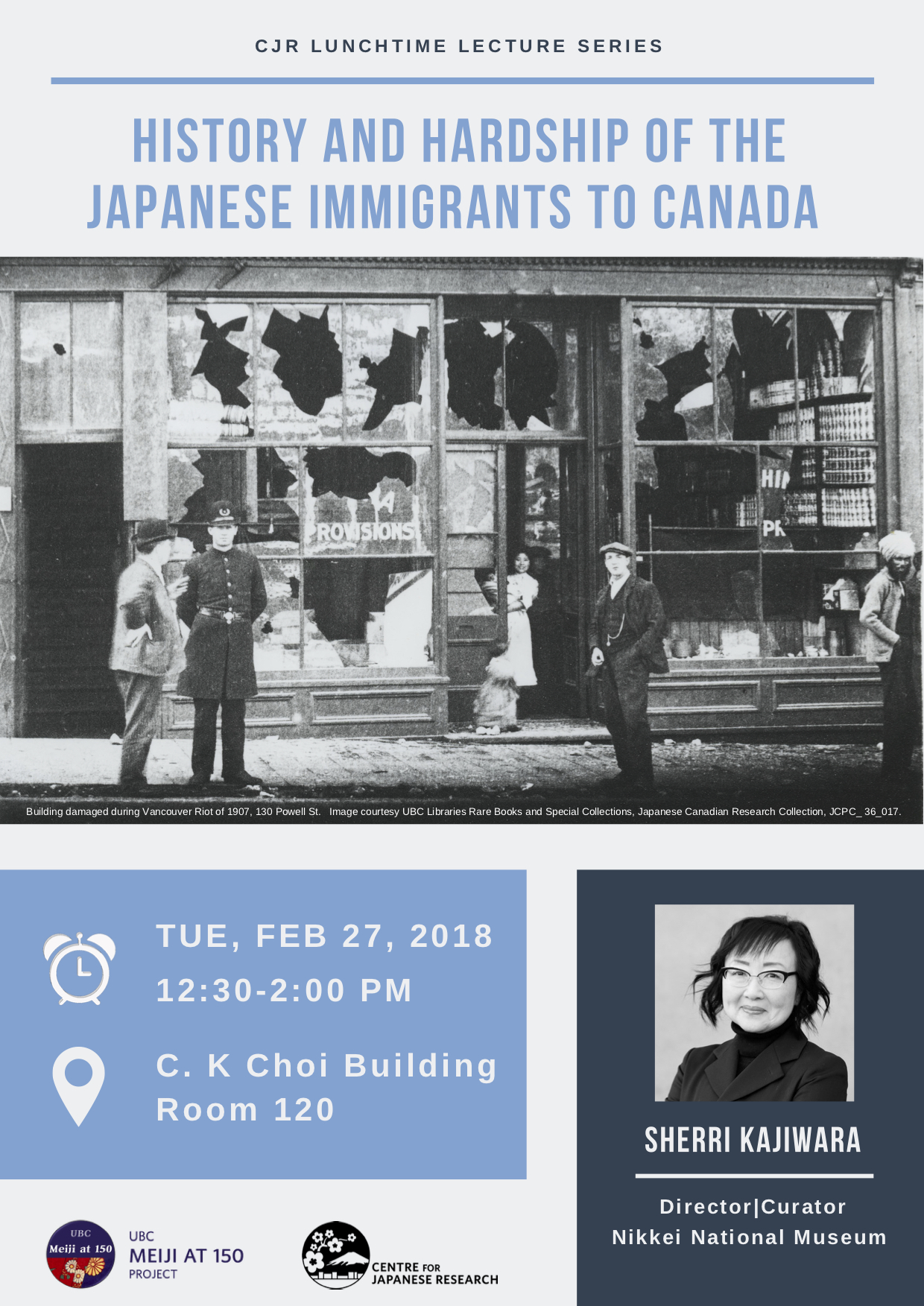Episode 19 – Sherri Kajiwara (Nikkei National Museum)
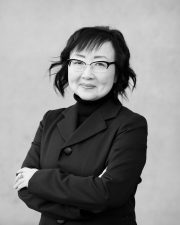 In this episode, Sherri Kajiwara uncovers the roots of Japanese immigration to Canada and the deracination of the Japanese-Canadian population from British Columbia in 1942. We discuss the lived experiences of Japanese-Canadians in Vancouver pre-1942, their interactions with other immigrant communities, and differences in the practices and legacies of wartime internment in Canada and the United States.
In this episode, Sherri Kajiwara uncovers the roots of Japanese immigration to Canada and the deracination of the Japanese-Canadian population from British Columbia in 1942. We discuss the lived experiences of Japanese-Canadians in Vancouver pre-1942, their interactions with other immigrant communities, and differences in the practices and legacies of wartime internment in Canada and the United States.
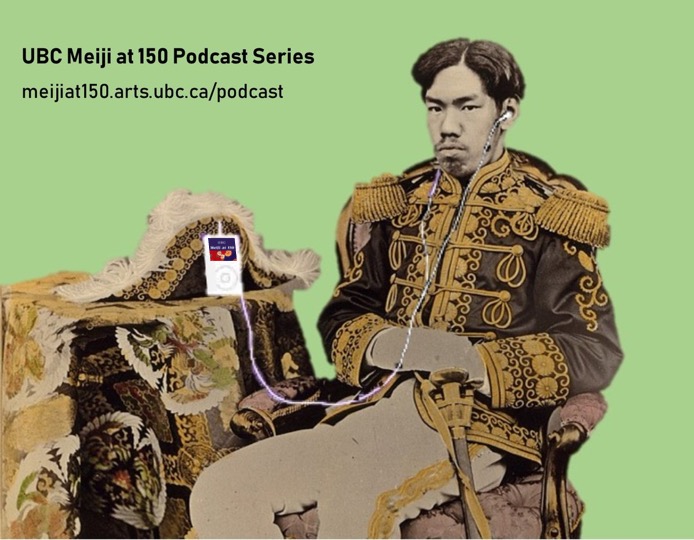
Check out two more Meiji at 150 Student Podcasts: one about Seichi Junrei, or pilgrimage tours of “holy sites” made popular by anime and manga, and a second sampling Yōshoku, or Japanese-style “Western” food.

“Illumination and its Discontents: Electricity Theft and the Political Economy of Japanese Energy”
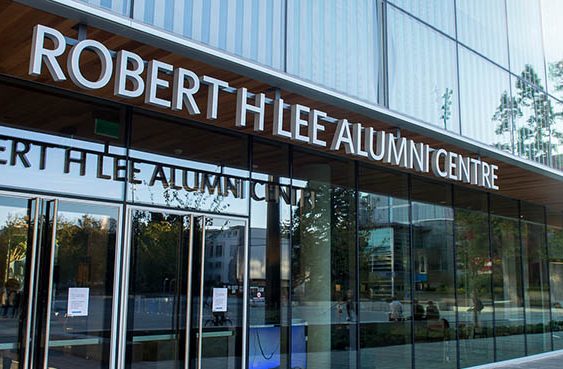
Thursday, March 29, 2018
Reception: 5:00-6:30 PM
Lecture: 6:30 PM
Robert H. Lee Alumni Centre
About the Lecture:
How did the world’s third-largest economy, Japan, become addicted to fossil fuels? The first non-Western nation to industrialize—a process driven by calories from coal and calories from bodies—the country now imports 97% of its primary energy and is home to the Fukushima Daiichi Nuclear Power Plant, site of three partial core meltdowns. This talk takes us back to the dawn of the energy-intensive culture that we now call “modernity,” tracing the emergence of new attitudes towards electrical power and tracking the development of a political economy that has colonized the climate. Our focus will be tight: the streets of Yokohama and Tokyo at the beginning of the twentieth century. This presentation builds on Miller’s work as a Mellon Foundation New Directions Fellow.
About the Speaker:
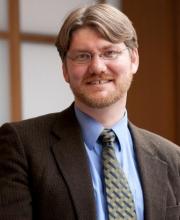
Ian Jared Miller is a historian of Japan and East Asia at Harvard University where he is Professor of History. His research is primarily concerned with the cultural dimensions of scientific, technological, and environmental change. He is the author of The Nature of the Beasts: Empire and Exhibition at the Tokyo Imperial Zoo (University of California Press, 2013) and co-editor with Brett L. Walker and Julia Adeney Thomas of Japan at Nature’s Edge: The Environmental Context of a Global Power (University of Hawaii Press, 2013).
This event is presented by the History Graduate Student Association as part of the Meiji at 150 Lecture Series hosted by the Centre for Japanese Research, the Department of History, and the Department of Asian Studies.
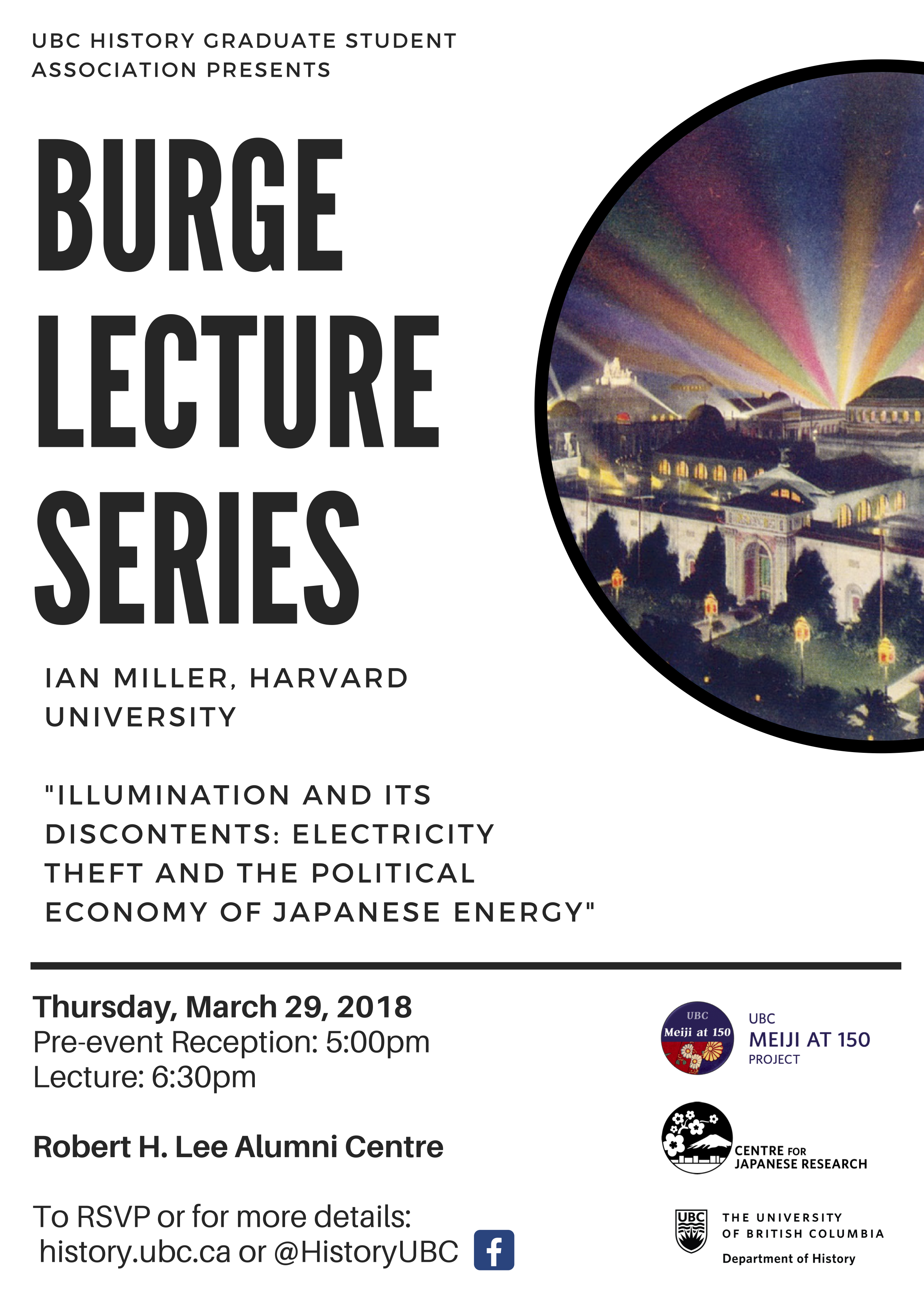

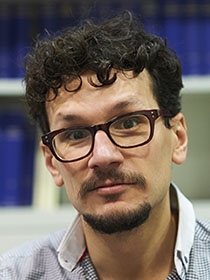 In this episode, Dr. Radu Leca (Kyoto Institute, Library and Archives) charts conceptions of spatialiy in the Tokugawa period and maps continuities in understandings of geographic space into the Meiji period. We discuss traces of Edo in the urban space of Tokyo, the use of maps as historical primary sources, and global and interdisciplinary approaches to teaching the Meiji period.
In this episode, Dr. Radu Leca (Kyoto Institute, Library and Archives) charts conceptions of spatialiy in the Tokugawa period and maps continuities in understandings of geographic space into the Meiji period. We discuss traces of Edo in the urban space of Tokyo, the use of maps as historical primary sources, and global and interdisciplinary approaches to teaching the Meiji period.
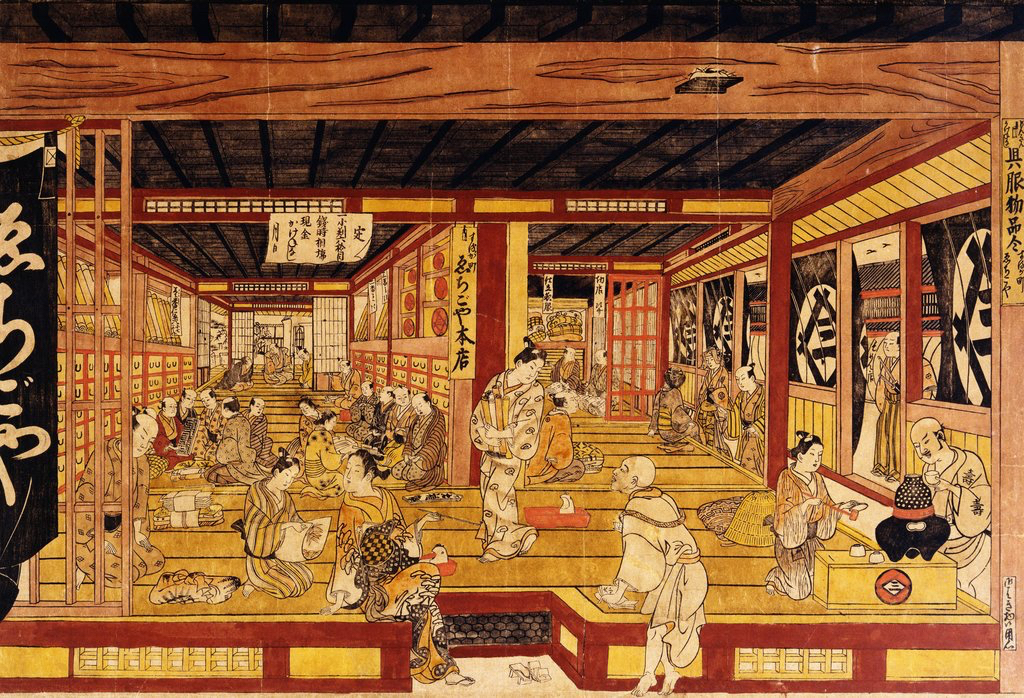
By around 1700, most families in Japan were formed through stem succession: a single male heir inherited virtually all resources while his siblings departed the household. The practice cut across social station and calling, making it exceptional in the early modern world, and arose in combination with equally arresting patterns of familial conduct: the routine adoption of heirs, even in the presence of biological sons; a generally untroubled acceptance of divorce and remarriage; and a widespread tolerance of concubinage and prostitution. How do we account for these practices? Do they fit together? And why did they occur in Tokugawa Japan? This talk puts family decisions at the heart of social history as both a consequence and a cause of economic change. The Mitsui family of textile merchants and financiers (who ran the Echigoya, pictured in the illustration) will feature as an example.
About the Speaker:
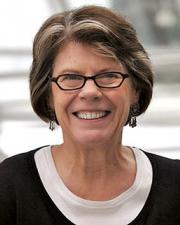 Dr. Mary Elizabeth Berry is the Class of 1944 Professor of History Emerita in the Department of History at the University of California-Berkeley. A past president of the Association of Asian Studies, Dr. Berry has made an indelible impact on the study of Japanese history with her numerous publications, including Hideyoshi (Harvard, 1982), The Culture of Civil War in Kyoto (California, 1994), and Japan in Print: Information and Nation in the Early Modern Period (California, 2006).
Dr. Mary Elizabeth Berry is the Class of 1944 Professor of History Emerita in the Department of History at the University of California-Berkeley. A past president of the Association of Asian Studies, Dr. Berry has made an indelible impact on the study of Japanese history with her numerous publications, including Hideyoshi (Harvard, 1982), The Culture of Civil War in Kyoto (California, 1994), and Japan in Print: Information and Nation in the Early Modern Period (California, 2006).
This event is jointly sponsored by the UBC Meiji at 150 Committee, Centre for Japanese Research, Department of History, and Department of Asian Studies.
In this episode, Dr. Kate McDonald (UCSB) repositions tourism starting in the late-Meiji period as a site for establishing claims to empire in Taiwan, Korea, and Manchuria. We discuss the imperial origins of the domestic tourist industry, the place of Korea in colonial advertising and travel itineraries, and the introspective lessons students can draw from studying Meiji period reforms.
Join us on Tuesday, February 27th at 12:30 PM in CK Choi Room 120 for a Meiji at 150 Lecture entitled “History and Hardship of the Japanese Immigrants to Canada” by Sherri Kajiwara of the Nikkei Cultural Centre. Read More.

In this episode, Dr. W. Puck Brecher (WSU) challenges narratives of Meiji modernization from the “top-down” by exploring tourist sites popular in early Meiji Japan and tracing changes to understandings of individuality as examples of grassroots developments. We also discuss his more recent work on the internment of foreign nationals in wartime Japan.
 In this episode, Sherri Kajiwara uncovers the roots of Japanese immigration to Canada and the deracination of the Japanese-Canadian population from British Columbia in 1942. We discuss the lived experiences of Japanese-Canadians in Vancouver pre-1942, their interactions with other immigrant communities, and differences in the practices and legacies of wartime internment in Canada and the United States.
In this episode, Sherri Kajiwara uncovers the roots of Japanese immigration to Canada and the deracination of the Japanese-Canadian population from British Columbia in 1942. We discuss the lived experiences of Japanese-Canadians in Vancouver pre-1942, their interactions with other immigrant communities, and differences in the practices and legacies of wartime internment in Canada and the United States. Faculty of Art
Faculty of Art





 In this episode, Dr. Radu Leca (Kyoto Institute, Library and Archives) charts conceptions of spatialiy in the Tokugawa period and maps continuities in understandings of geographic space into the Meiji period. We discuss traces of Edo in the urban space of Tokyo, the use of maps as historical primary sources, and global and interdisciplinary approaches to teaching the Meiji period.
In this episode, Dr. Radu Leca (Kyoto Institute, Library and Archives) charts conceptions of spatialiy in the Tokugawa period and maps continuities in understandings of geographic space into the Meiji period. We discuss traces of Edo in the urban space of Tokyo, the use of maps as historical primary sources, and global and interdisciplinary approaches to teaching the Meiji period.

